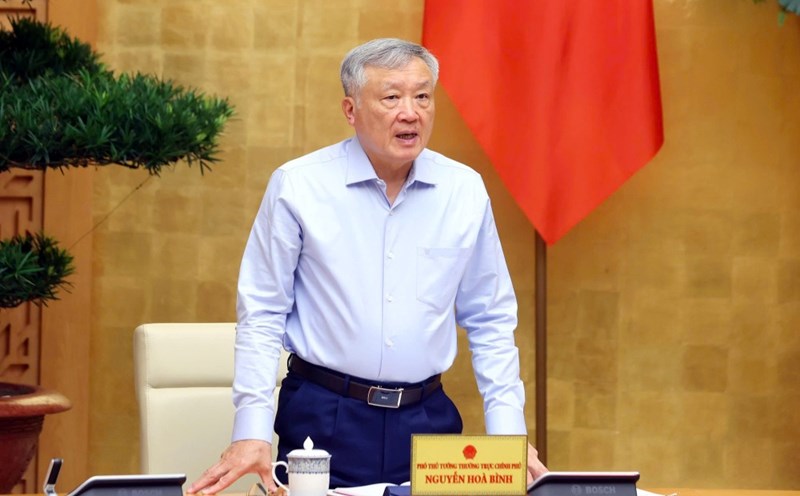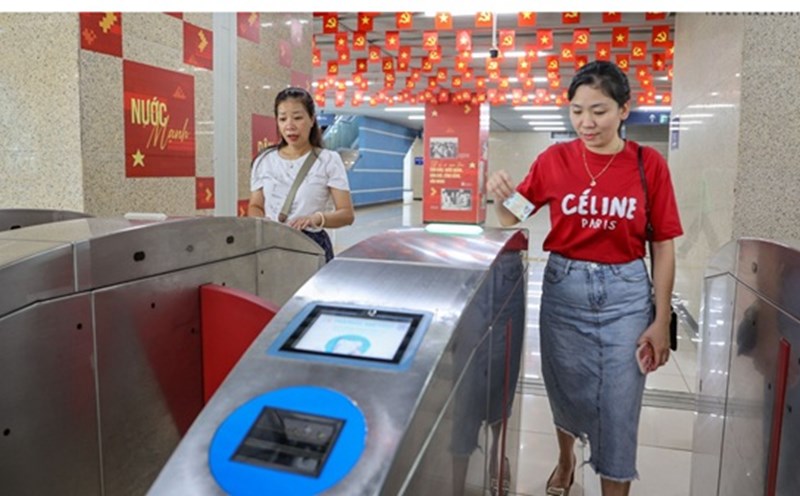Anphabe Company points out the risks that workers face when they quit their jobs.
Financial pressure: Not having income for a long time can exhaust savings accounts and cause serious stress.
joblessness: Quitting your job without a clear reason can make future employers question your stability or career orientation.
Feeling empty and disoriented: If personal goals are not clearly defined after quitting work, workers may fall into a state of anxiety and lack of confidence.
So how to quit your job intelligently and proactively. Here are some strategies to make this decision less emotional and more intentional:
Re-evaluating personal finances
Make sure you have at least 36 months of living expenses in reserve. This will be a "buffer zone" to help you find a new job, learn more skills or shape your next direction without falling under financial pressure.
Clearly identify motives for resignation
Do you really want to take a break, or are you just temporarily losing energy? Writing a reason for quitting your job and listing what you need at a new job can help you see more clearly instead of making emotional decisions.
Exploiting a network of professional relations
Even if you don't want to start working again right away, maintain connections with the professional community: Professional groups, friends in the profession... Having a solid network will shorten the time to find new opportunities when you are ready to return.
Proactively developing yourself
Quitting work does not mean completely "let go". You can take advantage of this time to learn new skills; work freely, freelance to keep up with the profession; participate in coaching, mentoring courses or try your hand at areas you are always interested in
According to Anphabe Company, quitting is not a right or wrong choice, but a personal decision - reflecting a level of commitment to the value of life, mental health and career orientation. However, to make this decision a positive turning point, not a "slip" in their career, workers need to prepare carefully in terms of finance, thinking and self-development plans.
In an era of flexibility and personalization of work, the trend of quitting may continue to develop. The important thing is that you have enough courage to take responsibility for your decisions, and be proactive enough to redesign your career journey in a goal-oriented way.











